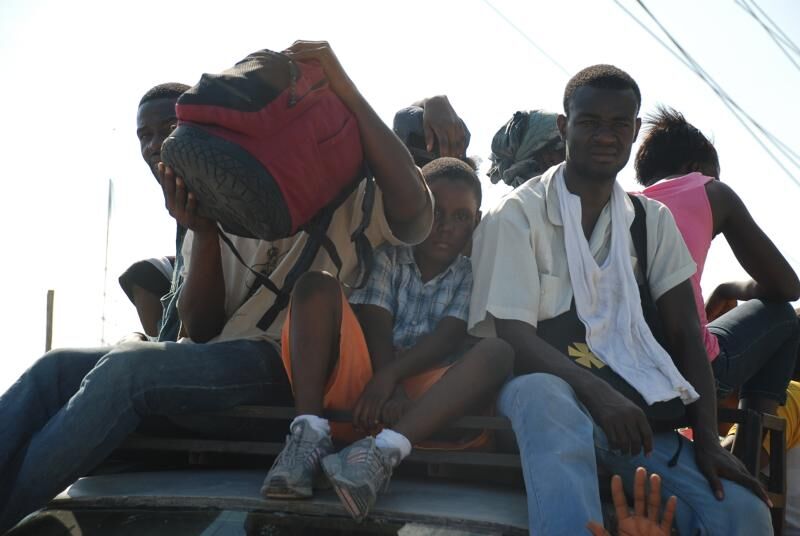Emanuele Capobianco, (@ecapobianco) is the Director of the Health and Care Department at the International Federation of the Red Cross and Red Crescent Societies (IFRC). He leads a global team of health and wash experts to support 12 million volunteers in 191 National Red Cross and Red Crescent Societies to build resilient communities, respond to health emergencies, and care for vulnerable individuals. Emanuele brings to IFRC 20 years of experience in policy development and implementation of health programmes in low and middle-income countries with specific expertise in fragile settings, partnerships, maternal/child health and communicable diseases. Emanuele has been Deputy Executive Director of the Partnership for Maternal, Newborn and Child Health, Senior Policy Advisor at the Global Fund, Chief of Health & Nutrition in UNICEF Mozambique, and Senior Health Specialist with the World Bank. He has a Medical Degree from Italy, an Erasmus Mundus’ Master in International Humanitarian Action and a Master in Public Health from Johns Hopkins University.
Email







